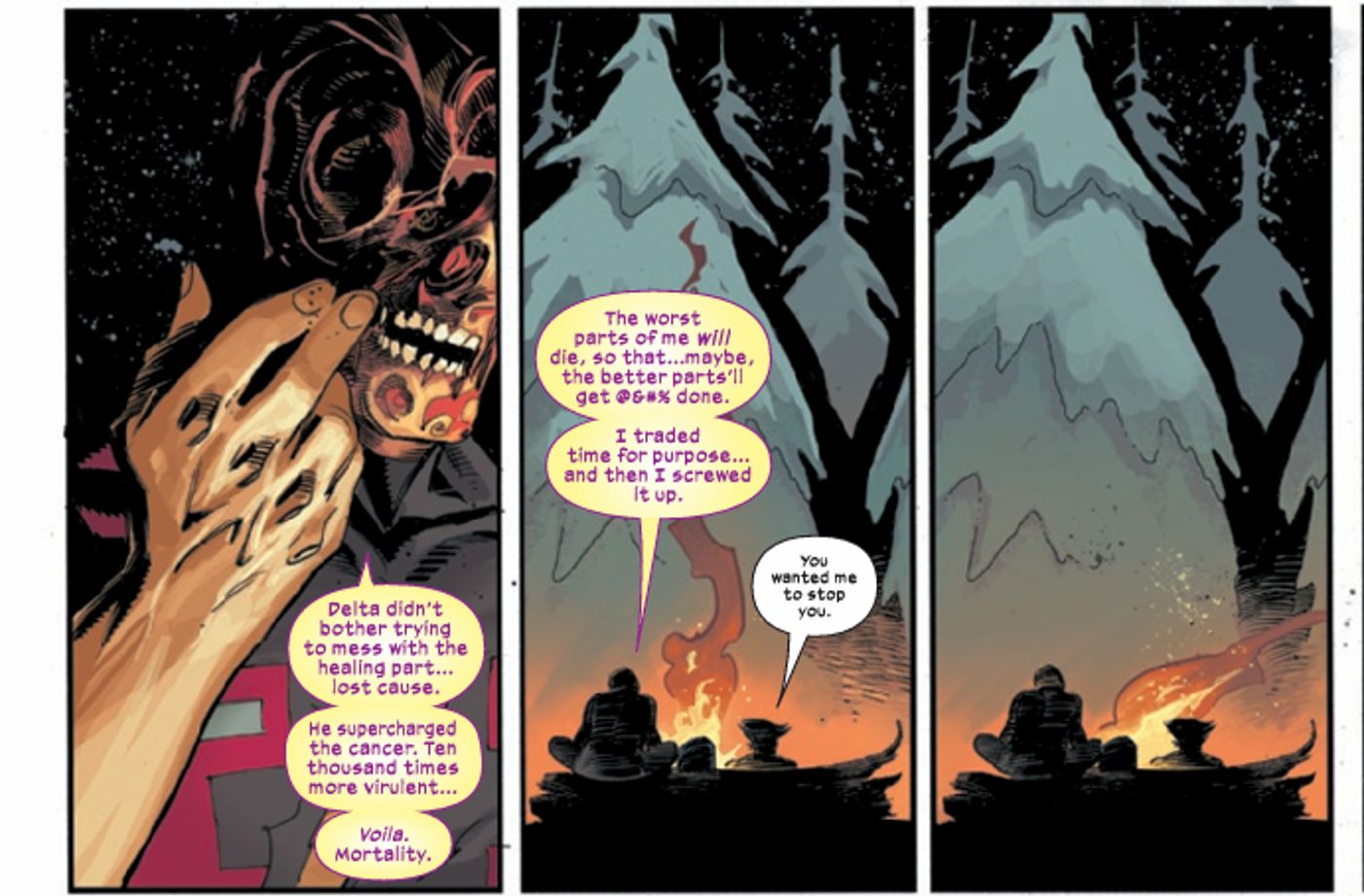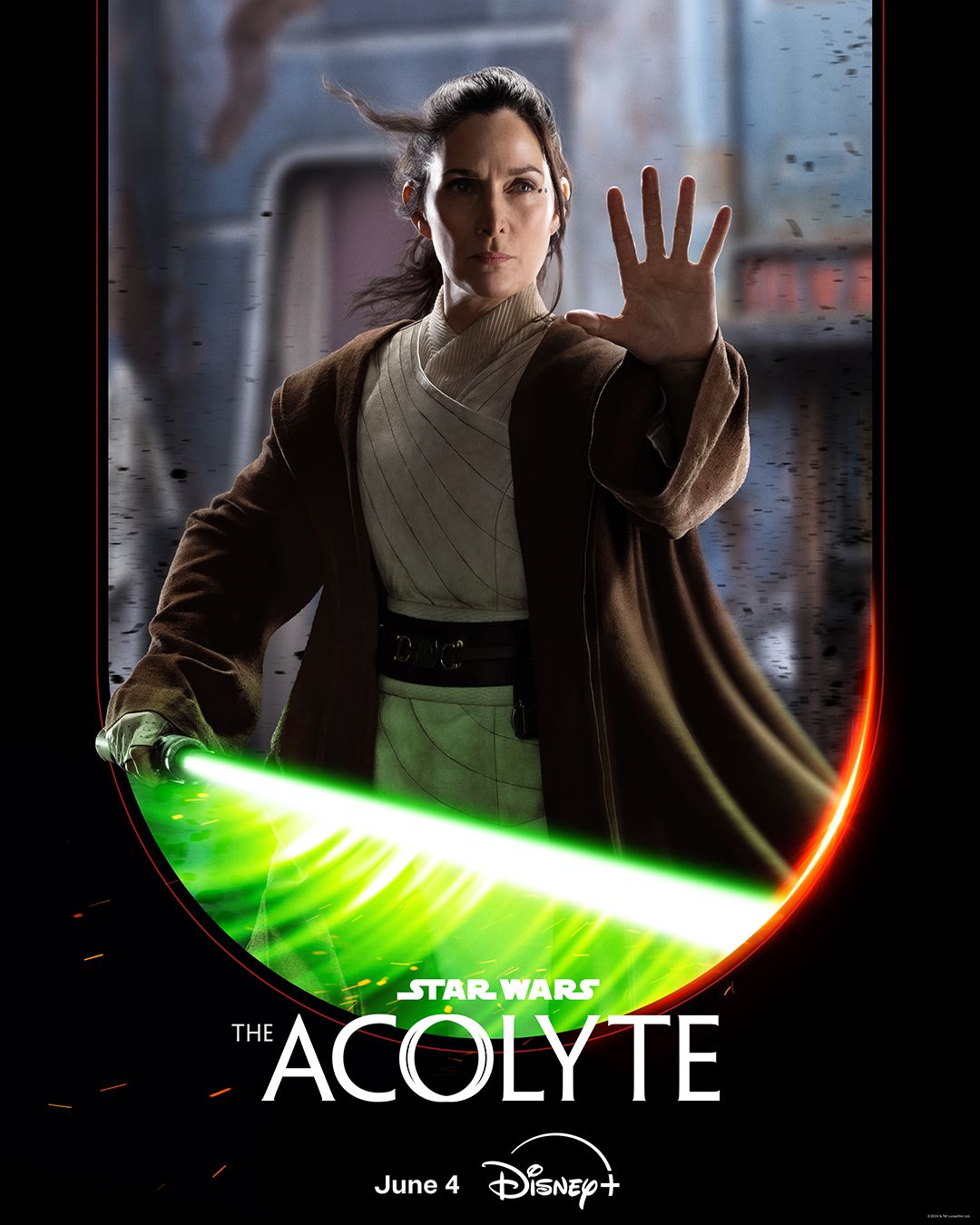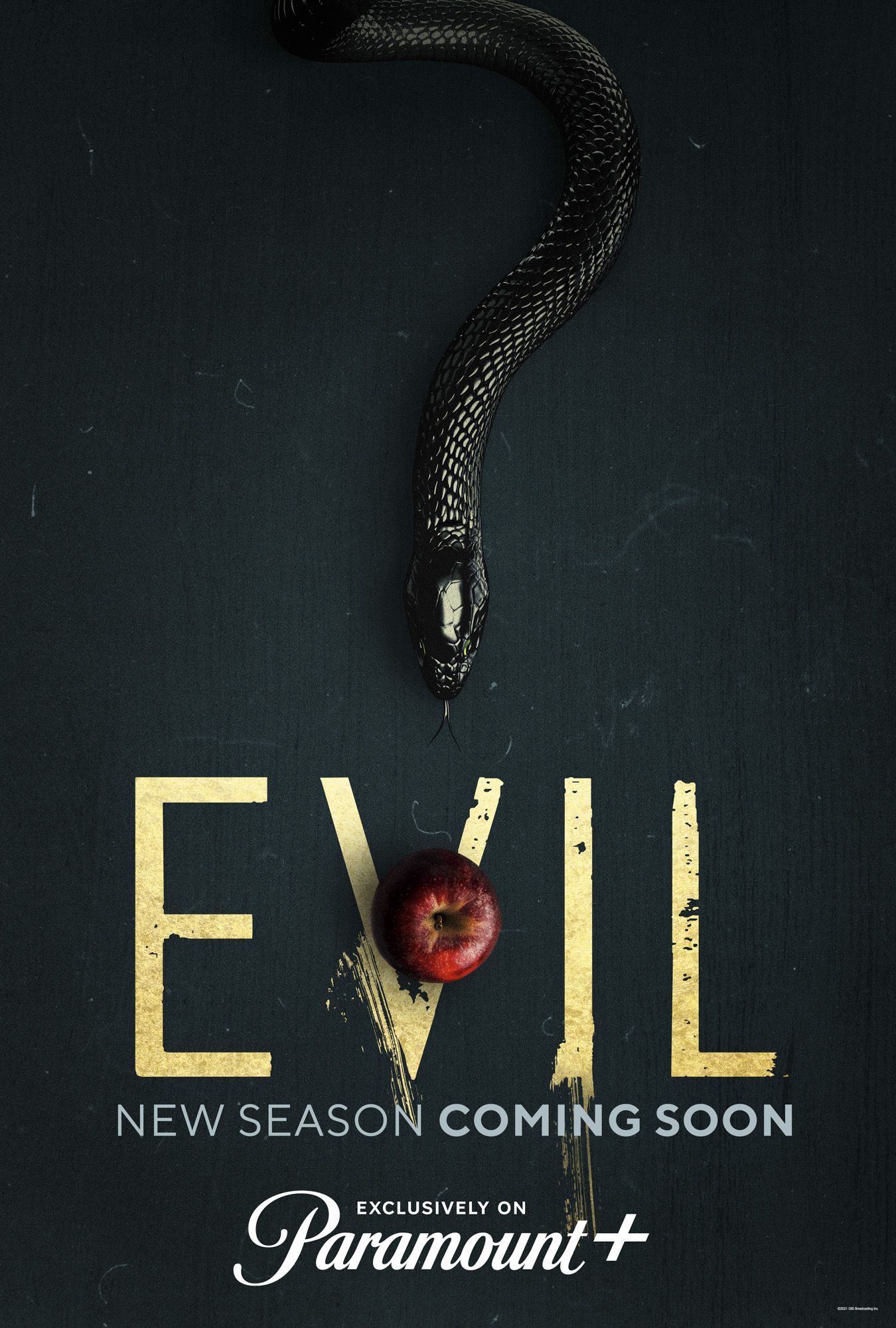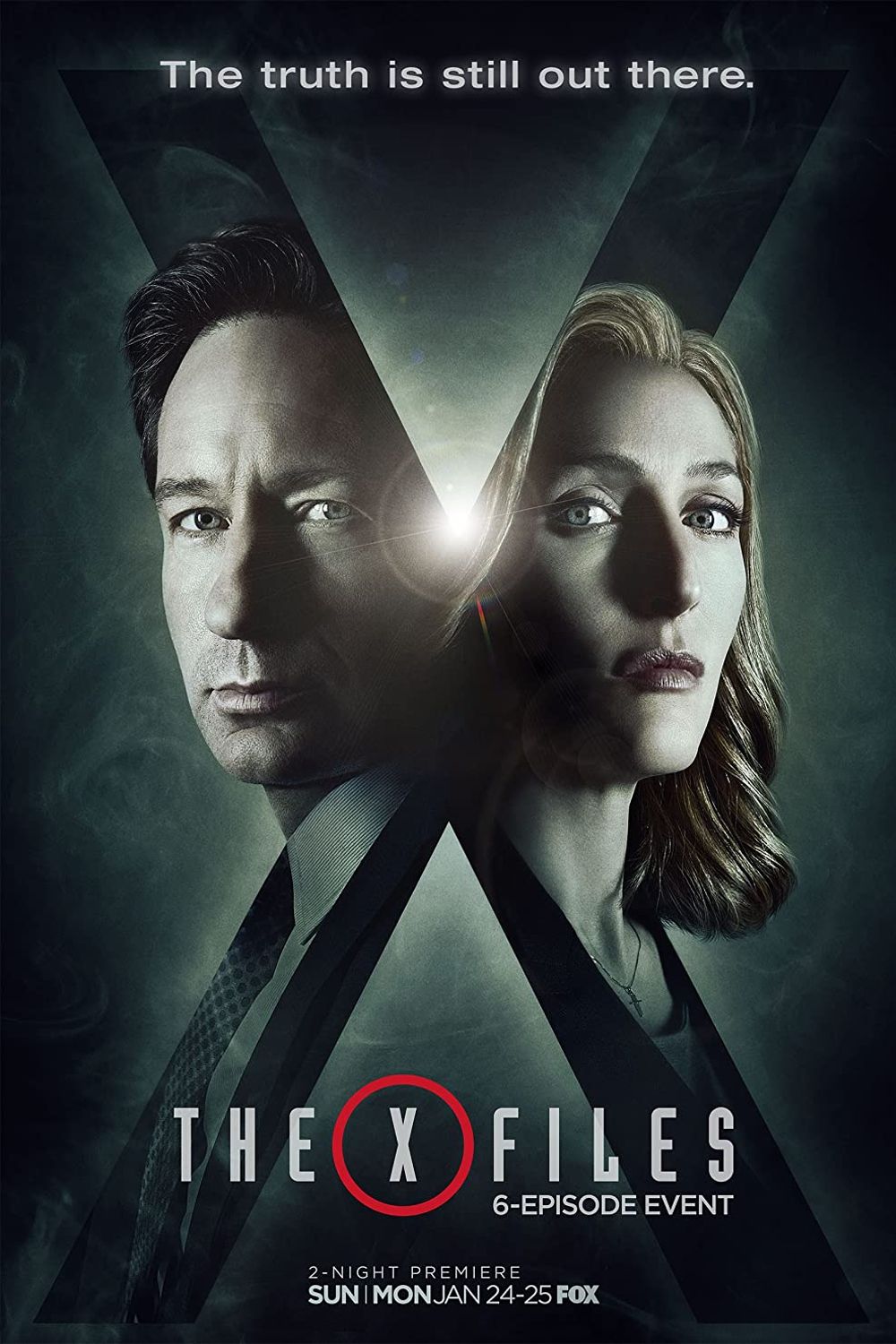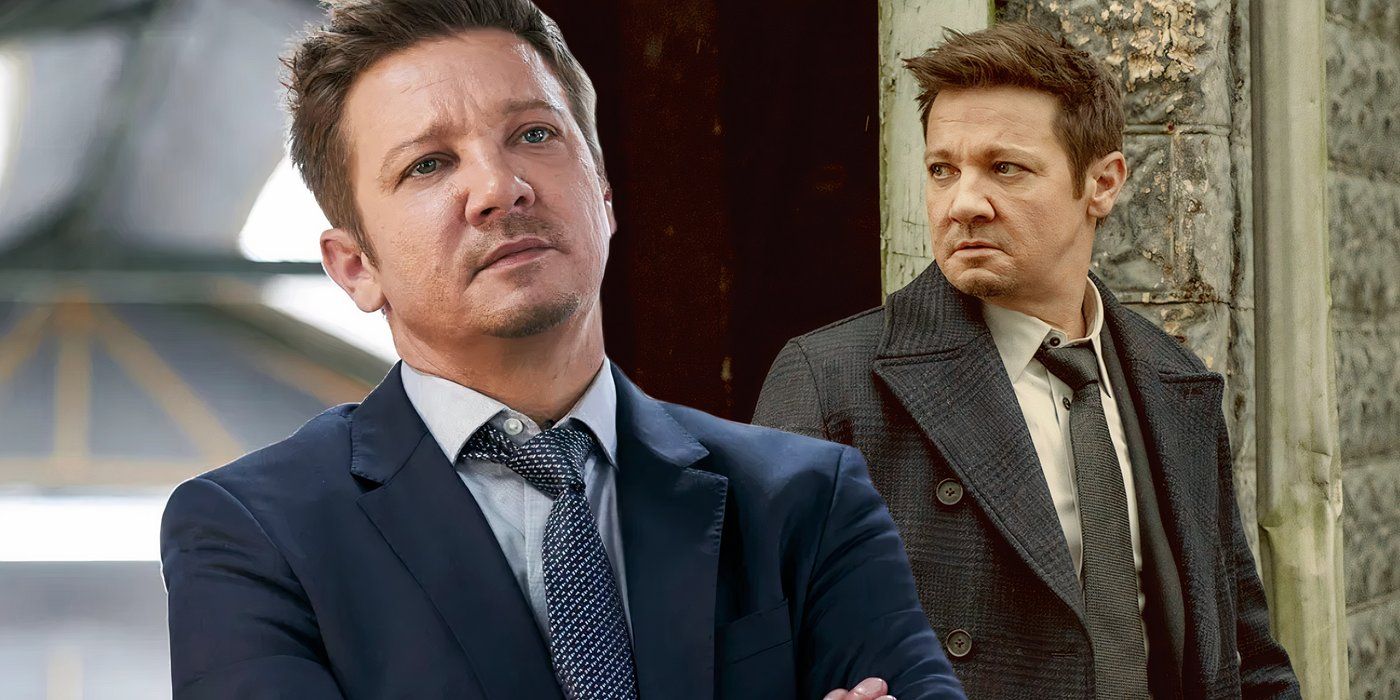A new Batman TV show set in the same universe as the upcoming Matt Reeves movie is coming to HBO – how can this series differentiate itself from Gotham, despite having exactly the same premise? Running for a total of 5 seasons between 2014 and 2019, Gotham was a self-contained TV series set within DC’s Batman world, focusing on the travails of one James Gordon as a budding detective on the GCPD’s notoriously sketchy payroll. Gotham had its highlights and found a loyal core fan base, but the series was never a runaway hit for Fox in critical or commercial terms.
Despite this, HBO have announced a very similar forthcoming TV project. Currently untitled, the series will once again center around Gotham City’s police department but, intriguingly, will take place within the same universe as The Batman, the 2021 movie starring Robert Pattinson as the Caped Crusader. Boardwalk Empire‘s Terence Winter will act as showrunner, but further details have yet to be revealed.
Considering how similar this new show is to Gotham conceptually, and that Gotham only wrapped up last year, comparisons between the two are inevitable. What can this latest dive into the bullpen of Gotham PD offer in terms of improving on and differentiating from Fox’s Gotham?
A Bat-Free Zone
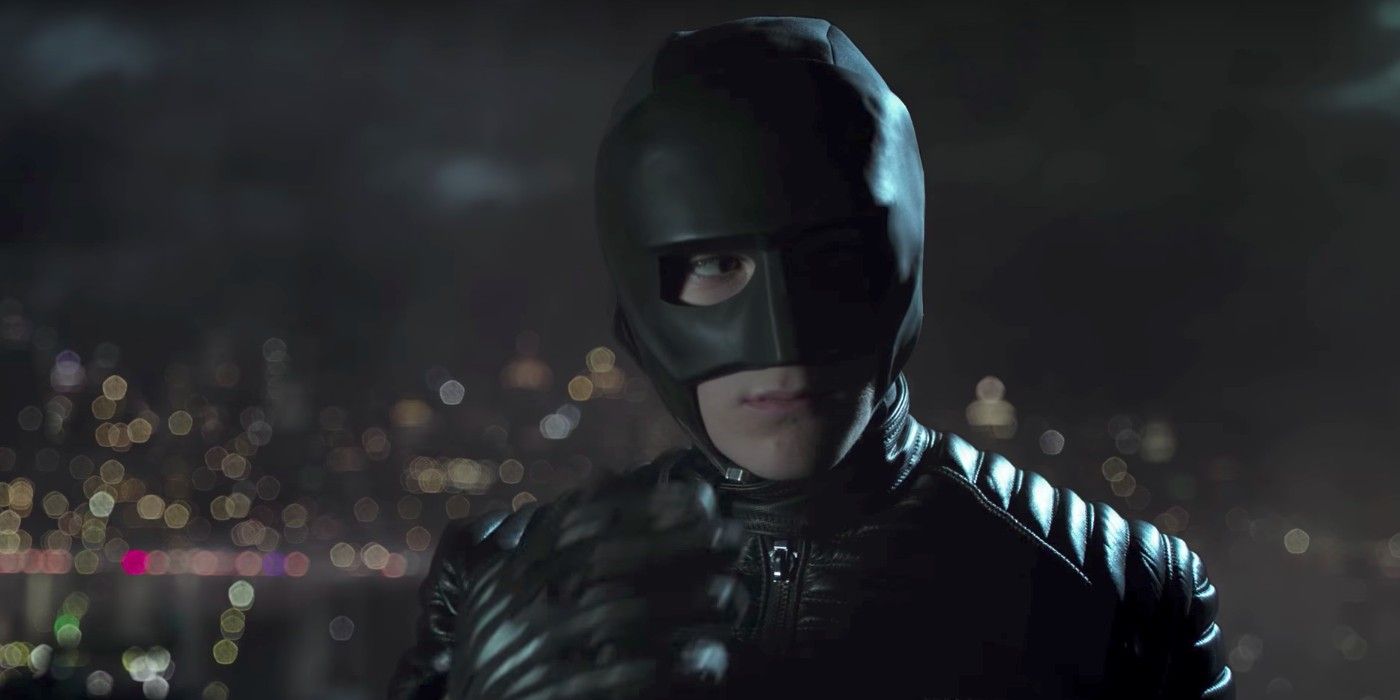
Despite being a Batman prequel, one of Gotham‘s biggest problem was, ironically, Batman himself. At the very beginning, Gotham was touted as a police procedural with Jim Gordon as the lead, but a young Bruce Wayne would also feature, played by David Mazouz. The young actor gave a very strong, underrated performance as a teenage Bruce, but with each passing season, Gotham‘s focus shifted from Gordon and the GCPD to Bruce’s slow transformation into Batman. This evolution highlights the inherent paradox of Gotham – if Bruce Wayne is in the series, it’s only natural to put him front and center, but Batman’s “parents get killed; becomes superhero” origin story doesn’t and never will need expanding upon.
There’s no explicit word on whether the new Batman TV show will be a prequel or set in the modern day but, somehow, the project needs to find a way to keep Batman at arm’s length. Like Gotham, HBO are presenting this new series as police-centric, but should Pattinson’s brooding vigilante appear, even in just a season finale, the GCPD focus is lost and Batman himself becomes the highlight. Rather than rooting itself in full-on prequel territory, HBO’s series could be set a few years prior to The Batman, while Bruce Wayne is off training. This avoids Bruce himself becoming embroiled in the narrative, while also negating the “why not just call Batman?” plot hole that would inevitably arise if the show took place after Matt Reeves’ 2021 movie. Without Batman prowling the streets, the TV spin-off would also be able to fully indulge in the criminal, detective elements bring promised instead of Gotham‘s wacky supervillain shenanigans.
Go Political
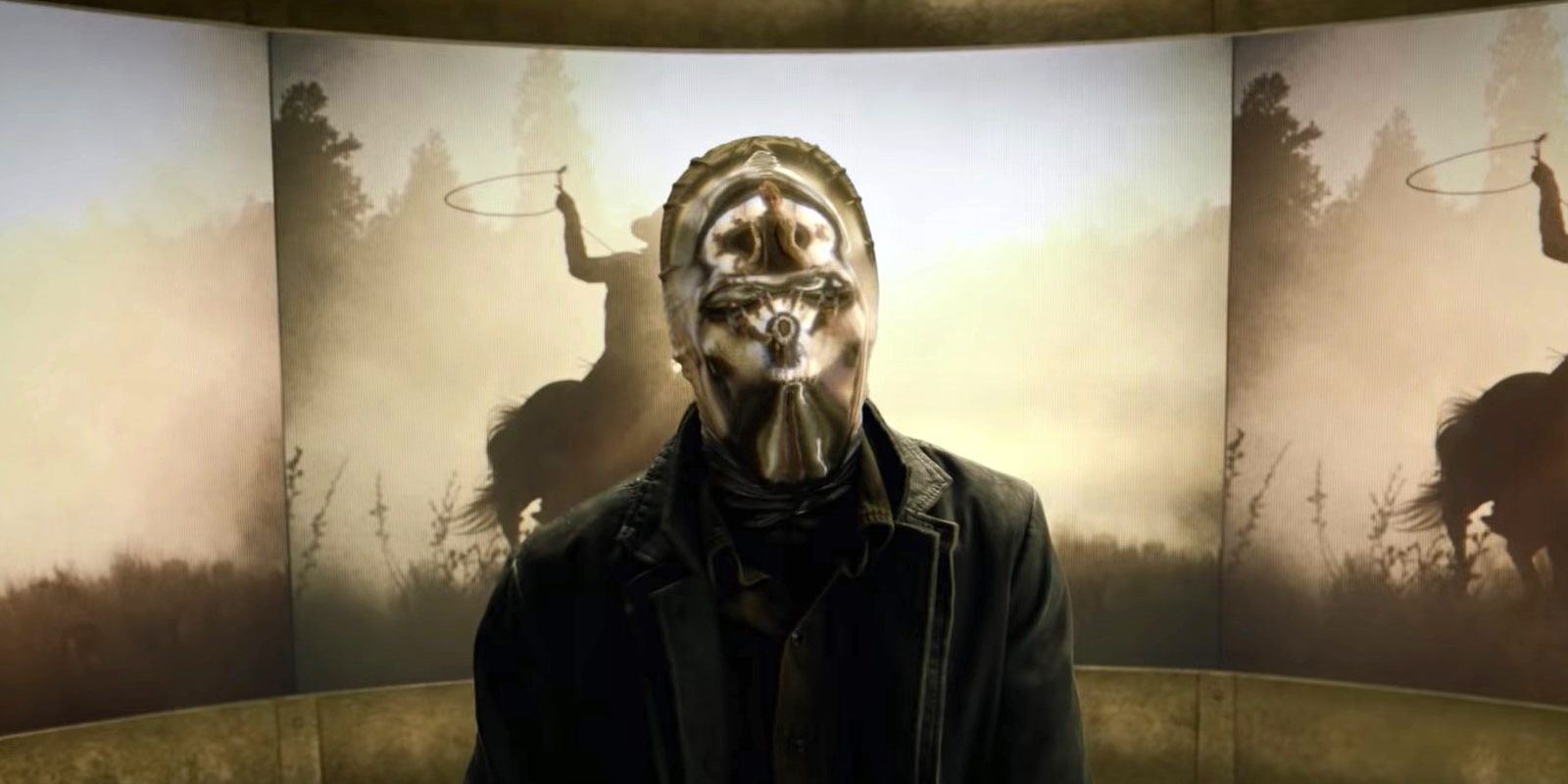
Gotham was not an especially political piece. Sure, the Fox series examined the corruption and poverty of its titular city, and there were a few well-aimed digs at Donald Trump, but Gotham certainly wasn’t heavy on real life parallels or social commentary. HBO’s new series should be. This would represent a major step towards separating the upcoming effort from Gotham, and even though “going political” is a divisive and controversial move in these strange times, several notable DC projects have proved how effective political themes can be.
HBO’s own Watchmen was more a fascinating take-down of racism and modern culture than it was a superhero show, and earned huge plaudits from critics, with even Barack Obama recognizing the social impact Watchmen made. Although Damon Lindelof’s sequel to the original comic was undoubtedly controversial, the political allegory was handled in a smart and well-written way. On a similar track, 2019’s Joker movie was the most political Batman movie yet, commenting on economic disparity, mental health treatment and, once again, Trump. These examples prove that, in the right hands, contentious real-world themes can enhance a comic book movie or TV show.
The Darker Side Of Gotham City
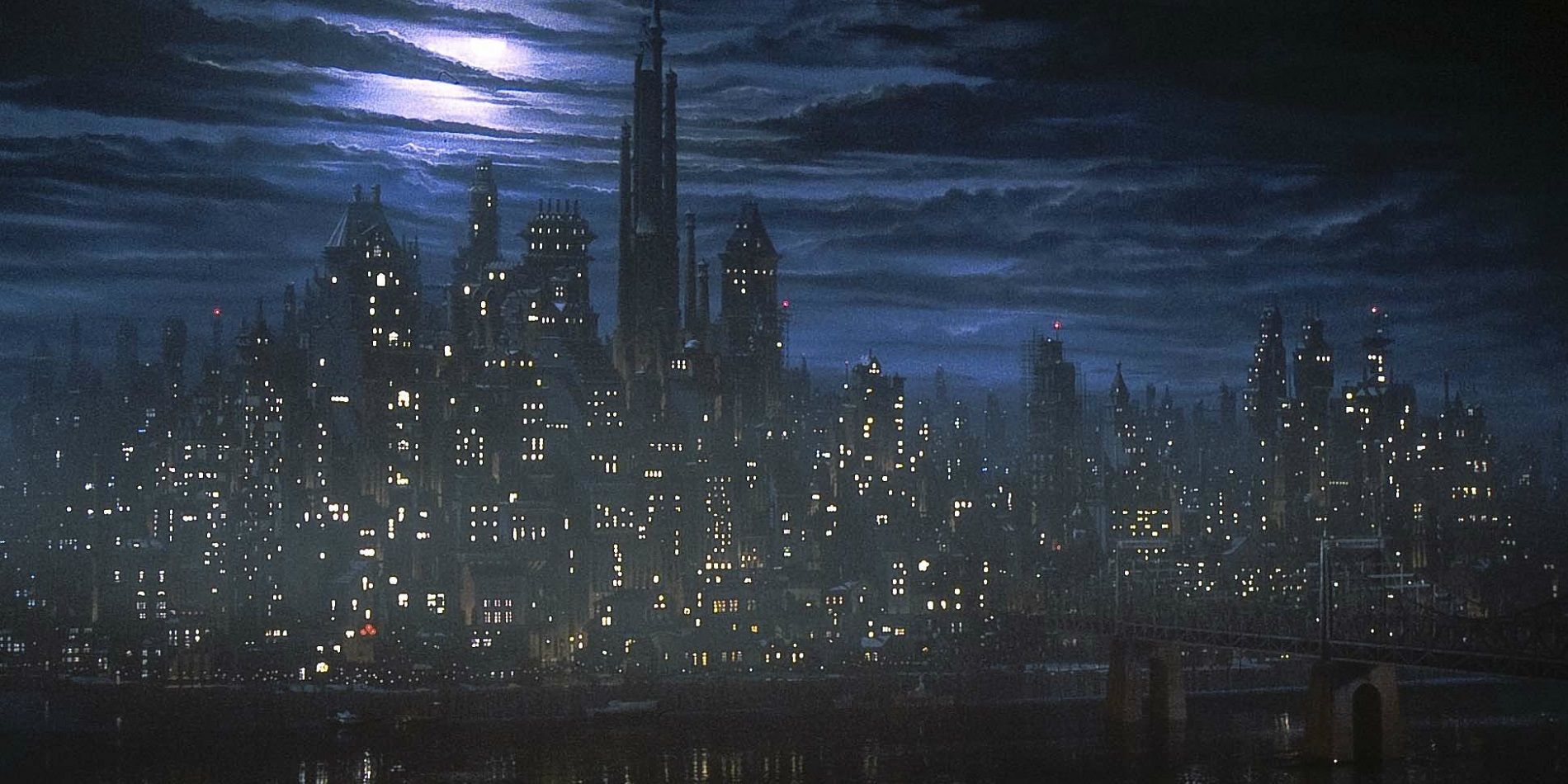
Going hand-in-hand with introducing politics into Gotham City, the new GCPD-based series should fully lean into the darker side of Batman canon. In terms of tone, Gotham struck a middle ground. Jim Gordon’s mustache-free adventures could be unrepentant in their violence at times and some scenes were very dark indeed, however, there was also a lot of light to be found. Some of the Penguin and Riddler interactions were pure comedy, while certain episodes felt more akin to a comic book romp than a gritty live-action slug fest. Since Gotham pitched straight down the middle, perhaps the new series would benefit from embracing one side over the other, and given what we’ve seen of The Batman so far, the spin-off is unlikely to rekindle the camp 1960s series era of Adam West.
With a home on HBO, there’s a prime opportunity to take the world of The Batman into more mature, grimier areas of the city’s mythology that Robert Pattinson won’t be able to play in. This approach would differentiate the series both from Gotham and from its big screen counterpart. Once again, Watchmen is a prime example of how effective this tactic can be.
Don’t Adapt Major Comic Stories Or Characters
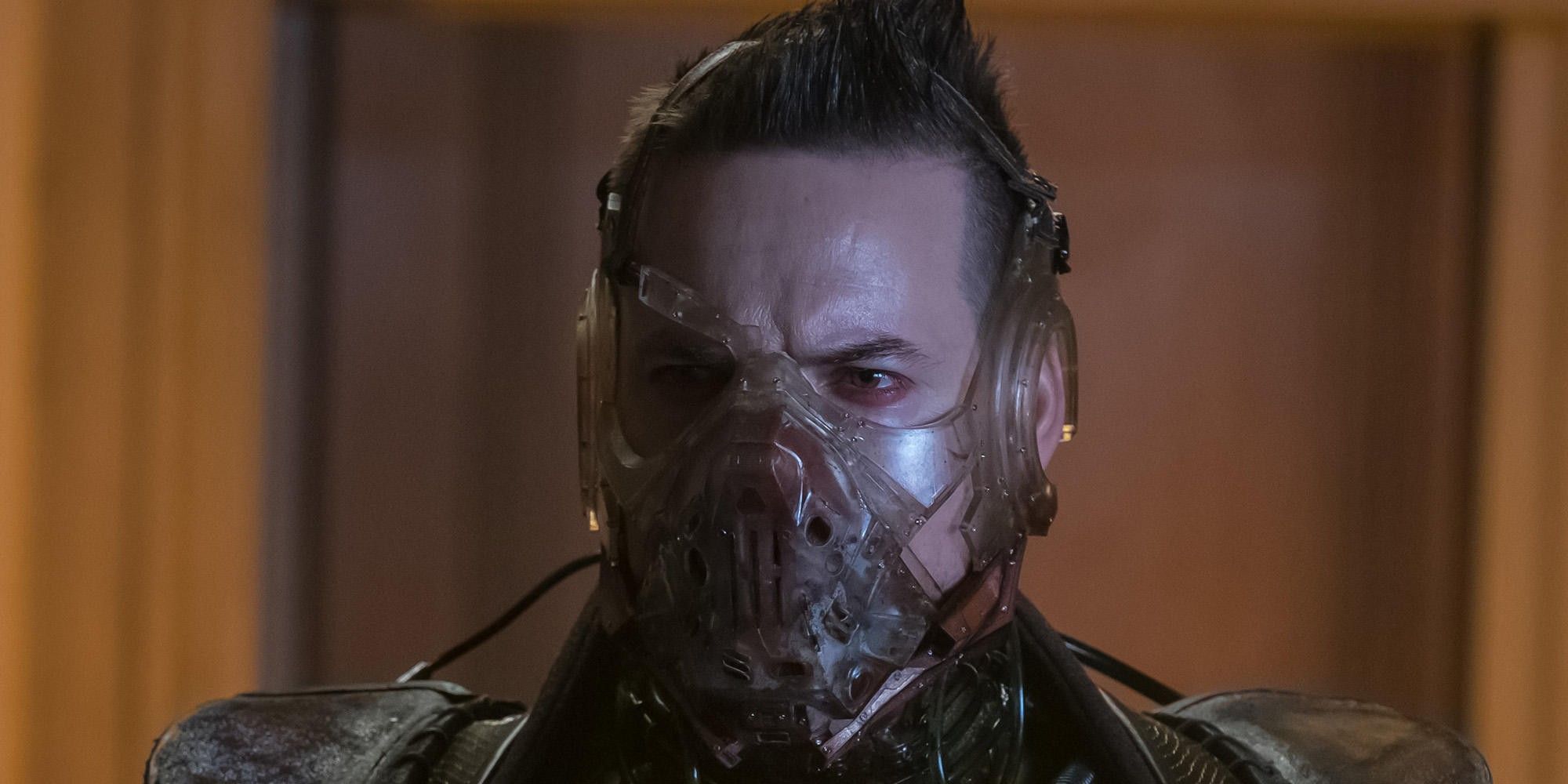
Gotham was entirely disconnected from any other movie or TV series, meaning it had the advantage of adapting whatever comic book characters and stories Warner Bros. would allow. Over its 5 seasons on air, Gotham touched upon No Man’s Land, Knightfall, The Long Halloween and many more, while introducing virtually every major villain in Batman’s Rogues Gallery and then some. As a spin-off of The Batman, Terence Winter’s TV series needs to consider what might be saved for Robert Pattinson in future sequels. The entire setup could come unstuck if, for example, the TV series does a live-action adaptation of Hush, when that comic story would make a fantastic Batman movie. Depending on his success in the role and willingness to stay on, Pattinson could play Batman for years to come, so any spin-off needs to avoid stepping on his toes.
For a prime example of this compromise in action, it’s worth looking towards Agents of SHIELD. Technically part of the MCU, the 7-season series has only been able to adapt minor characters from the Marvel comic books, but has successfully crafted a world and cast of characters all of its own. The new Batman series could do something similar, sticking exclusively to DC material that the movies are never going to bother using.
Adopt A Shorter Season Structure
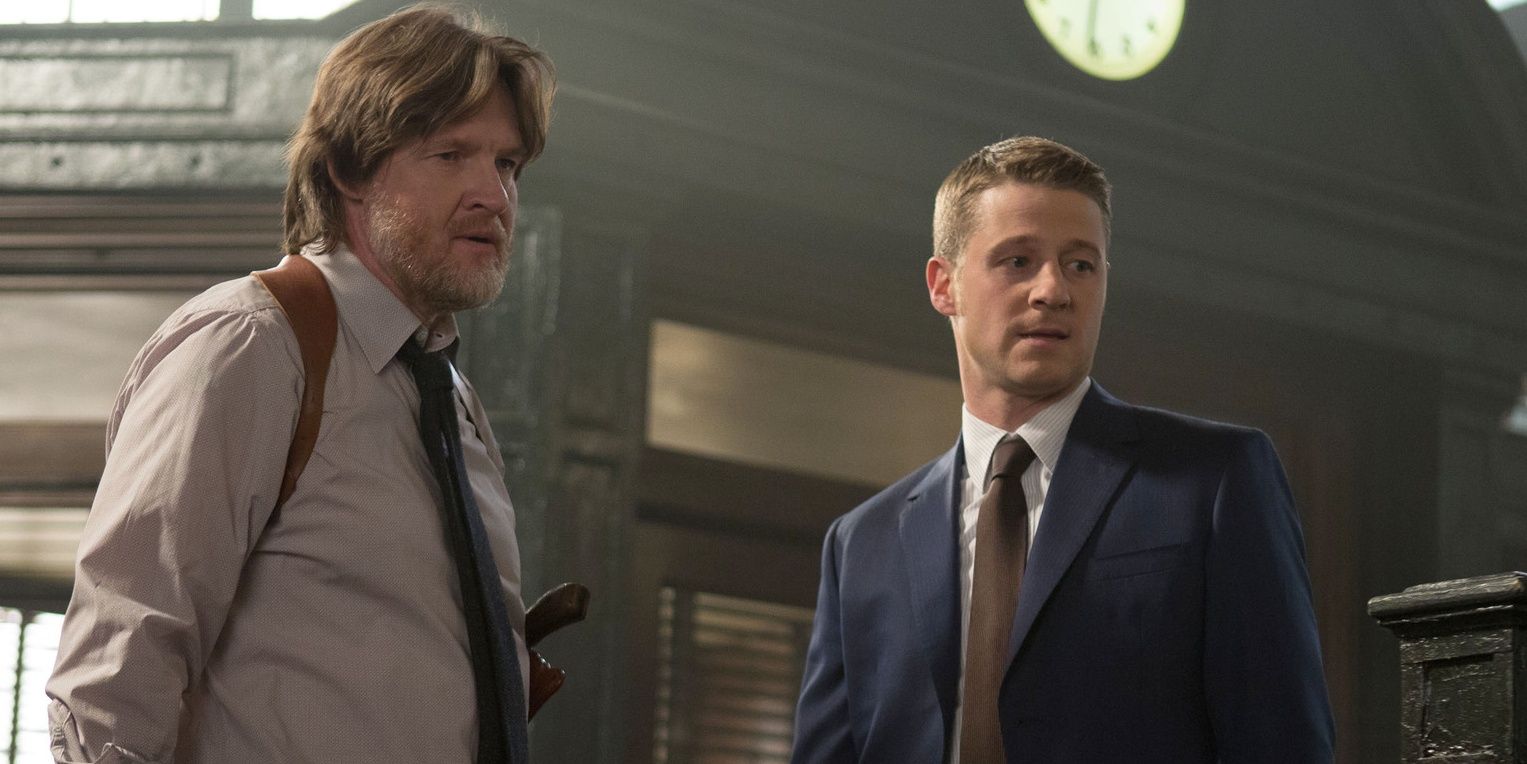
One of Gotham‘s biggest problems was that there was simply too much of it. 4 of the 5 seasons were comprised of a meaty 22 episodes, while the final season clocked in at a reduced 15. With so much time to fill, Gotham was often guilty of running in circles, repeating plots and padding out storylines with dead ends. It wasn’t uncommon for some of Gotham‘s main characters to go an entire season without any significant progression in their character. Barbara Kean is a classic case, with Jim Gordon’s troublesome ex adopting a disparate selection of personas over the course of Gotham‘s existence, constantly bounding from one to the next.
By trimming the fat, Gotham could’ve been much improved. The likes of Jim Gordon, Penguin, Riddler and Alfred were all expertly cast, but all went through periods where their characters just didn’t have a lot to do. As streaming becomes more popular, TV shows are increasingly adopting shorter seasons of 10-13 episodes, ensuring a leaner, tighter narrative and less repetition. After Gotham, there’s no real appetite for another 20-episode-per-season story about Gotham’s police force, but a 10-episode limited series feels far more appealing.
Focus In On Fewer Characters
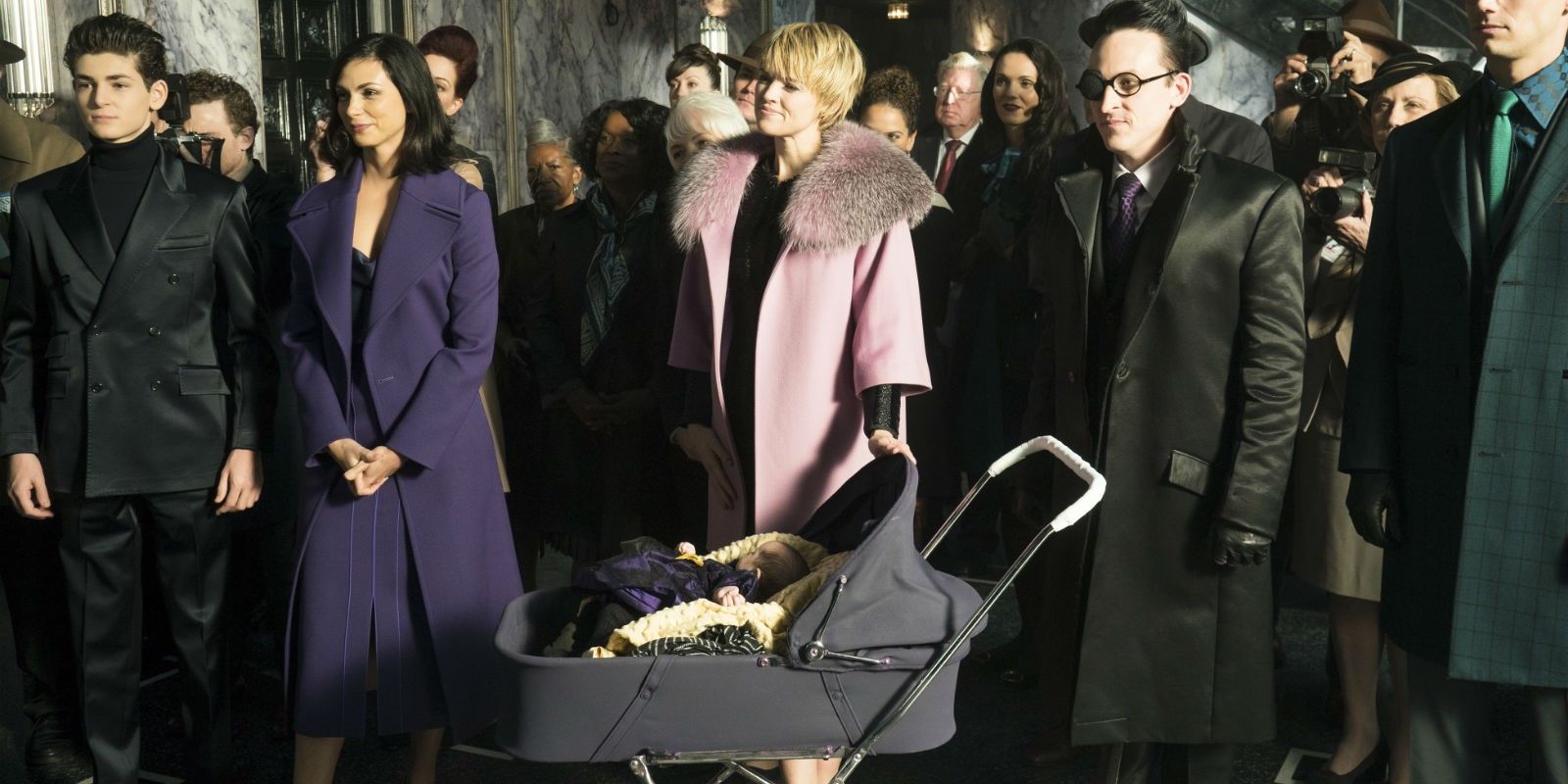
Another common criticism of Gotham was the sheer amount of characters involved, particularly in later seasons. Without ever really killing off any of its original core cast, Gotham would add the likes of Mad Hatter, Harley Quinn, Scarecrow and Mr. Freeze but, more often that not, such characters would soon become peripheral to the main plot – criminally underused criminals. At points, it felt like Gotham was determined to speed through as many Batman characters as possible, regardless of how well the show could accommodate them at the time. Not only did this leave potentially major characters with minor bit-part, it also made Gotham feel bloated in places. Whether HBO’s Batman series adapts major comic material or takes an original path, whether it employs a serialized or episodic approach, and whether it paints a light or dark tone, the GCPD venture would benefit hugely from being the sniper rifle to Gotham‘s shotgun blast.

